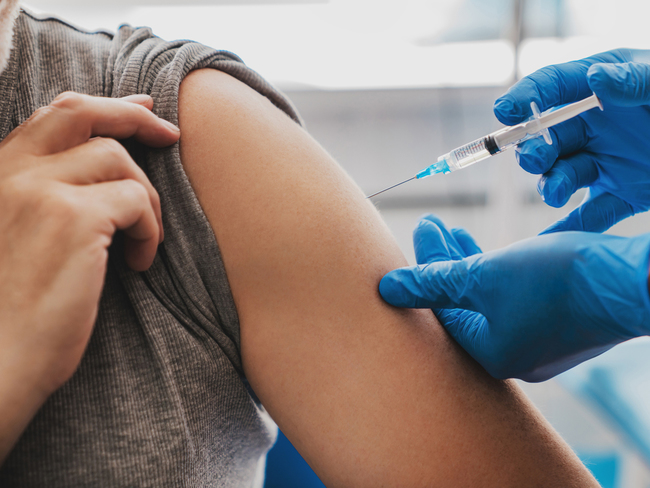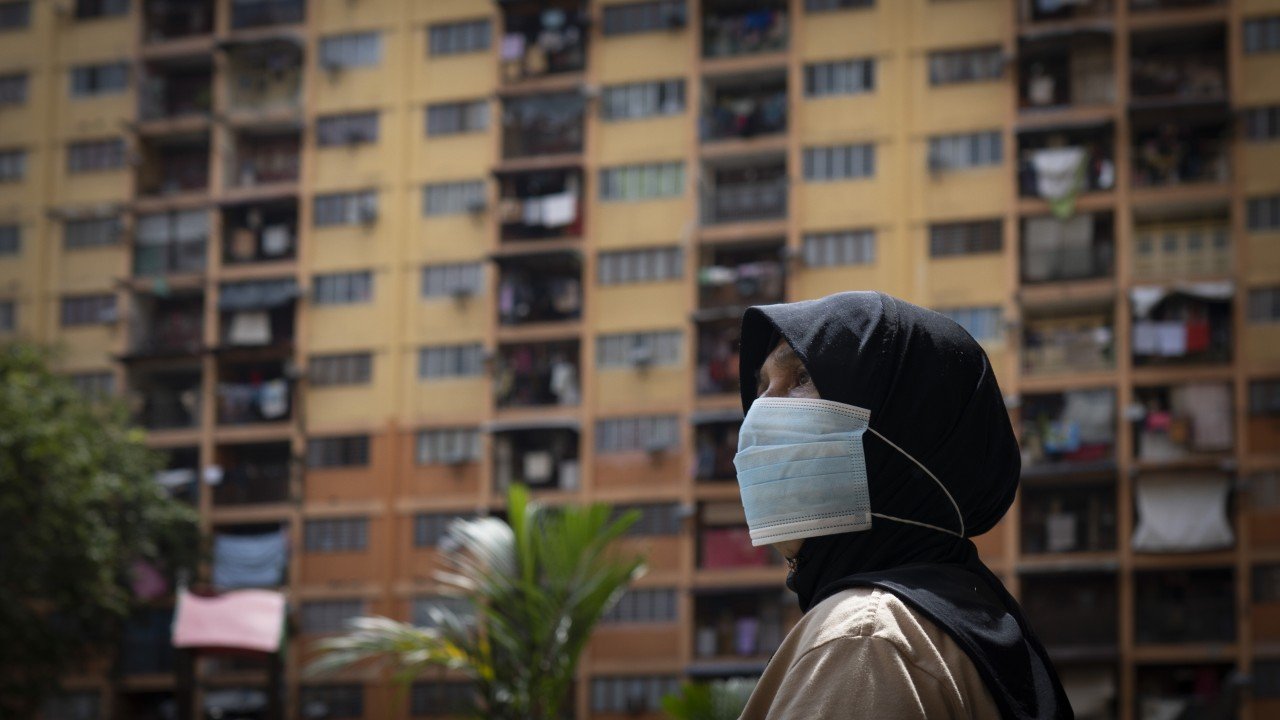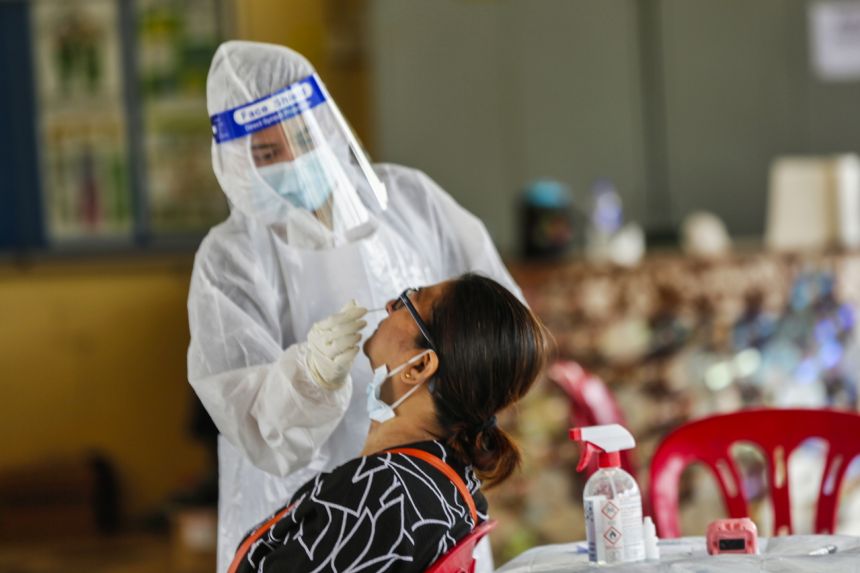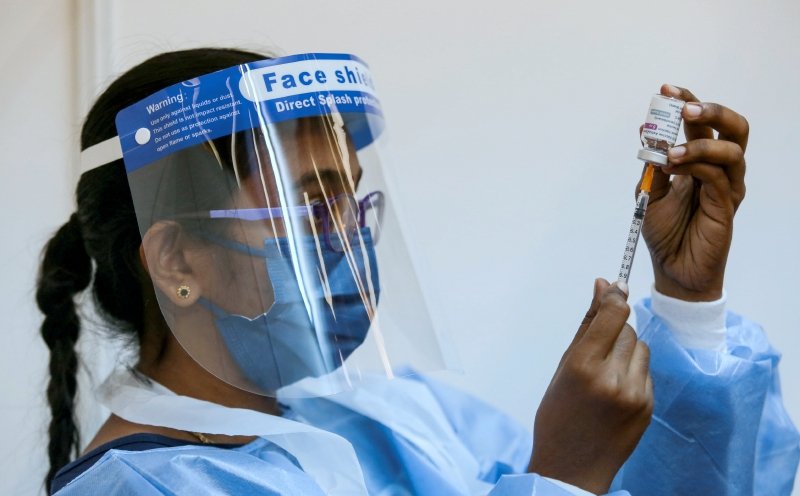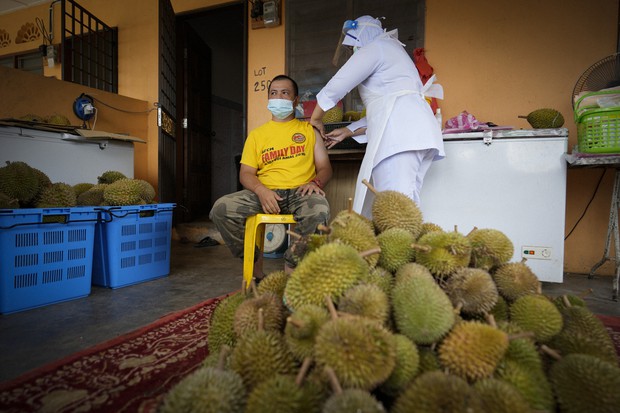10 Things You Should Know If You're Fully Vaccinated Against COVID-19
Be aware that you can still get infected with COVID-19 despite being fully vaccinated.
Congratulations on getting fully vaccinated!
You are armed with humankind's best defence against a virus that has upended our lives in many ways and has killed over four million people around the world.
However, before you start meeting friends or throwing parties again, remember that the coronavirus is still spreading and possibly mutating — so, precautions are still necessary to protect yourself and the people around you.
The World Health Organization (WHO), the US Centers for Disease Control and Prevention (CDC), and the Malaysian Ministry of Health (MOH) have all published guides about what being fully vaccinated means, and what we can or cannot do.
1. Can I still get COVID-19 after the vaccine?
Yes, you can still get infected with COVID-19 despite being vaccinated. However, the vaccine will protect you from getting seriously ill.
According to WHO, it also depends on several factors, including your age, underlying health conditions, current exposure, and circulation of virus variants in the environment.
Research also does not yet know how long immunity from all the different COVID-19 vaccines will last.
2. If I can still get COVID-19 after being vaccinated, what's the point?
As explained by CDC, vaccines help our bodies to develop immunity against disease without the dangers of getting the illness.
According to locally-collected data, as of July, Health director-general Dr Noor Hisham Abdullah also announced that only 3,106 (1.26%) from a total of 245,932 healthcare workers, who were the earliest in the country to get fully vaccinated, were infected since March.
Better yet, most of the 3,106 only fell in Category One or Two, which means they were asymptomatic or only had mild symptoms, and none reached Category Five (needing ICU care and artificial ventilation).
3. How long does the vaccine take to be effective?
Building immunity takes time. You will be considered fully vaccinated about 14 days after your second dose of the vaccine.
If you studied Form Five Biology, you will know this two-week period after the second dose gives the body time to build immunological memory against real COVID-19 antigens.
4. Are the COVID-19 vaccines effective against the new variants of concern (VOCs), such as the Delta variant?
Yes. According to CDC, all COVID-19 vaccines that have been approved worldwide are effective against all variants of the virus that we know so far.
However, while all available vaccines can recognise Delta variant spike proteins and neutralise them, it is worth noting the high transmissibility of the virus strain.
It is recommended that those fully vaccinated should continue to practise preventative measures such as wearing masks, avoiding crowded places, and washing hands regularly.
5. Is there a possibility to infect others if I'm vaccinated but also positive with COVID-19?
The CDC states that fully vaccinated people have a reduced risk of transmitting the COVID-19 virus to others.
So, that is still a yes, you are still considered infectious. If you have tested positive, please inform the nearest district health office and undergo quarantine.
6. If I have to be screened as a close contact for COVID-19, will I test positive because of the vaccine?
No, getting vaccinated won't make you get a positive test result on a PCR test. This is because these gold-standard PCR tests look for virus genetic material (viral RNA) as a sign for active disease, which are not in the vaccines.
To be clear, the Pfizer-BioNTech and Moderna vaccines are messenger RNA (mRNA) vaccines. mRNA are not the same as viral RNA.
The mRNA used in these vaccines are designed to produce spike proteins — similar to the ones found on real COVID-19 virus cells — before breaking down. The spike proteins trigger an immune response and produce immunological memory in your body without you ever getting the real virus.
7. I didn't get any side effects after getting my COVID-19 vaccine. Does that mean my shot was empty or the vaccine did not work?
Everyone's reaction to the vaccine is different. Even though many experience side effects such as fever, chills, or headache, not everyone experiences this either.
So, don't worry. The vaccine is still working, it will stimulate your immune system to build immunity against the virus, regardless of the side effects you feel.
8. I'm still worried. Should I buy an antibody test kit?
You might be tempted to take an antibody test to find out whether your COVID-19 vaccine worked. But — no. The CDC does not recommend checking for antibodies after vaccination.
They explain that while there are several COVID-19 antibody tests being used by commercial labs, most look for antibodies that are different than the ones produced by the vaccines in use.
So, the tests won't offer much information.
9. Can I eat, drink, and exercise normally after getting vaccinated?
Yes, you can eat and drink as normal, even immediately after taking the vaccine. The effectiveness of the vaccine is not dependent on any food or drink you may take before or after the vaccine.
As for exercise, there have been rare reports of myocarditis and pericarditis (inflammation of the heart muscles and of the outer lining of the heart) in relation to mRNA vaccines.
So, as a precautionary measure, adolescents and men below 30 years of age are advised to avoid strenuous physical activities for a week after each dose.
10. Do I still need to adhere to SOPs after being vaccinated?
Yes, you do. The virus is still spreading, and in order to prevent future mutations that may reduce the performance of existing vaccines, we should continue following standard operating procedures (SOPs).
So, stay safe, everyone! Wash your hands frequently, wear a face mask, and avoid crowded areas.
